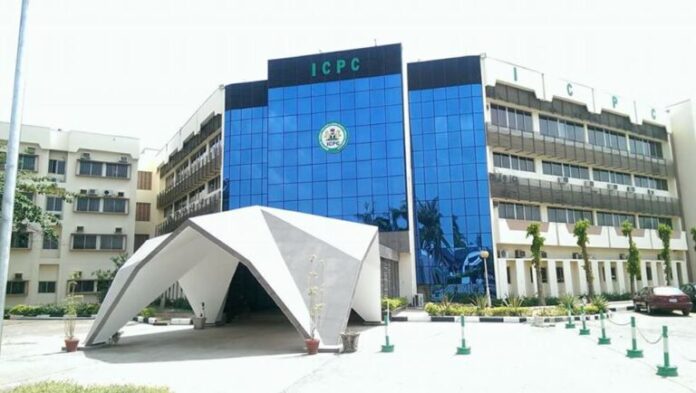According to information disclosed by the Independent Corrupt Practices and Other Related Offenses Commission (ICPC), a foreign person’s bank account is allegedly used to receive money from Nigerians seeking to enroll in a questionable six-week bachelor’s degree program abroad.
According to reports+, Dr. Musa Adamu Aliyu, the chairman of the ICPC, made this discovery during a stakeholders’ advocacy session on asset tracing, recovery, and management that was held in Abuja on Tuesday.
The Inter-Governmental Action Group against Money Laundering in West Africa (GIABA) provided support to the Centre for Fiscal Transparency and Public Integrity (CeFTPI), which organized the event.
In a matter of weeks, Aliyu disclosed, “we were able to find out that a foreigner had opened an account in Nigeria while Nigerian students were funding the account to earn that six-week degree.”
After tracking down the account, we were able to secure a civil forfeiture order. We have been working to hold individuals responsible, particularly those who are located outside of our borders, accountable.
He emphasized that in order to stop financial crime perpetrators from profiting from their illegal earnings, anti-corruption agencies must work together more closely.
Furthermore, Dr. Abdullahi Bello, the chairman of the Code of Conduct Bureau (CCB), disclosed at the occasion that an ongoing examination of asset declarations made by more than 10,000 public personnel has found that almost 20% of these declarations are false.
Edwin Harris, the Director-General of GIABA, voiced worry about the growing trend of illegal cash transfers from Africa on a broader continental scale.
The anticipated yearly loss has increased from $50 billion to a current range of $88 billion to $94 billion, according to a report by former South African President Thabo Mbeki that was commissioned by the UN Economic Commission for Africa.

